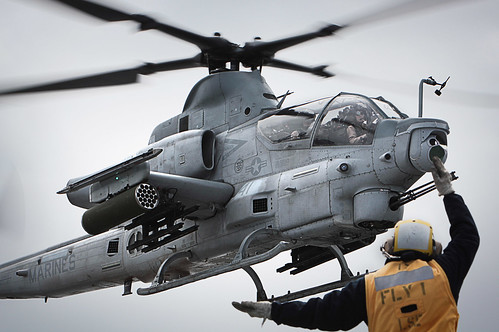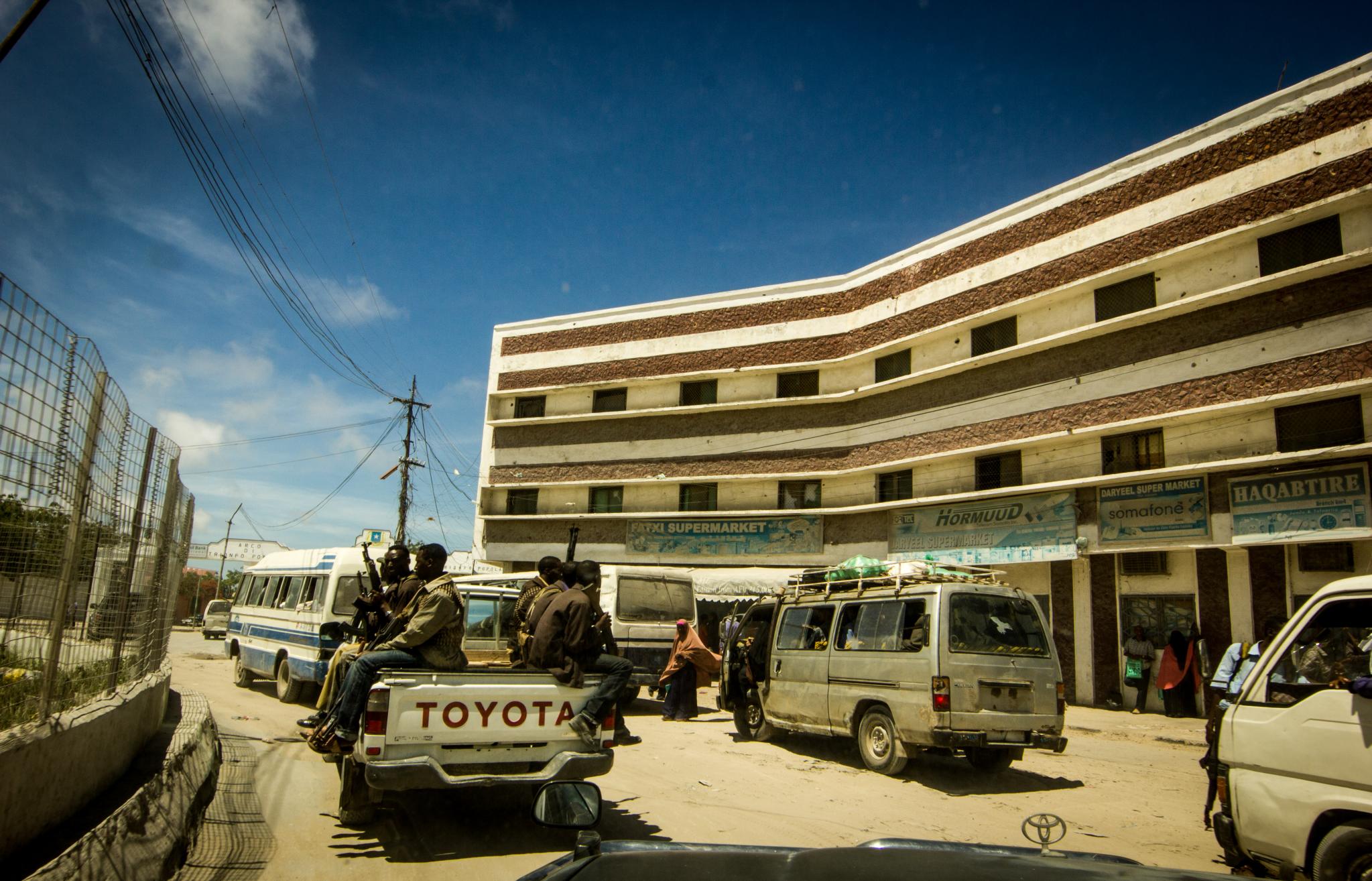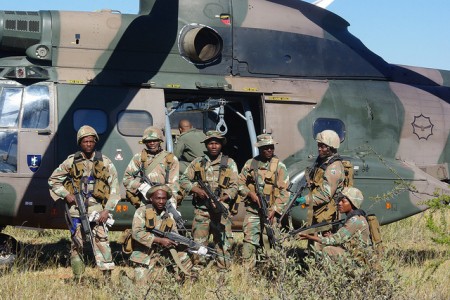
This article was originally published April 18 2014 by Small Wars Journal
In January the Army Aviation Center of Excellence announced its plan to divest the army inventory of the OH-58D Kiowa Warrior in favor of an attack and reconnaissance aviation force consisting of the AH-64 Apache and unmanned aircraft systems. The announcement drew both criticism and praise from various blogs and media sources. Most of this commentary centered on questions of the ability of the Apache helicopter and UAS to fulfill the aerial scout role,
and whether or not the Kiowa Warrior is truly obsolete. It is arguable however that the decision was driven as much by fiscal austerity as battlefield requirements.




